
WASHINGTON, July 25 (Xinhua) -- U.S. researchers reported Thursday they have successfully implanted false memories in the brains of mice for the first time.
Researchers hope that the study, published in the journal Science, will uncover why humans recall memories of experiences that never occurred.
"We have created a false memory in mice for the first time," Liu Xu, research scientist at the Massachusetts Institute of Technology and co-author of the study, wrote in an email. "Our study demonstrated that it's possible to artificially modify the contents of memories."
Memories are stored in assemblies of neurons, called engram- bearing cells. When we recall a sequence of events, our brains reconstruct the past from these bricks of data, but the mere act of accessing a memory modifies and distorts it, the researchers said.
In previous work, the researchers had detected a single memory in the brain, genetically tagged the brain cells housing that memory with a light-sensitive protein called channelrhodopsin, and flickered pulses of light to "turn on" the memory at any given moment.
For the new study, the researchers used the same optogenetic technique to create a false memory in genetically modified mice. They manipulated engram-bearing cells in the hippocampus, a seahorse-shaped part of the brain known to play a role in forming and storing memories of experiences.
First, the researchers placed the mice in a novel chamber, A, but did not deliver any shocks. As the mice explored this chamber, their memory cells were labeled with channelrhodopsin. The next day, they placed the mice in a second, very different chamber, B, and pulsed light into their brains to reactivate the memory of chamber A.
They then gave the animals mild foot shocks, creating a negative association between the light-reactivated memory of chamber A and the foot shocks, which mice find highly aversive.
When the animals were placed back in chamber A, the researchers found that the animals now displayed heightened fear responses. In addition, after placing the animals in yet another new environment while shining light on the hippocampal cells that had been artificially associated with fear, the researchers found they could reactivate the false fear memory at will.
"Humans are highly imaginative animals. Just like our mice, an aversive or appetitive event could be associated with a past experience one may happen to have in mind at that moment, hence a false memory is formed," Susumu Tonegawa, professor of biology and neuroscience and senior author of the study, said in a release.
According to the researchers, the recall of this false memory recruited the same fear centers that natural fear memory recall recruits, making it indistinguishable from a real memory. "In a sense, to the animal, the false memory seems to have felt like a ' real' memory," Liu said.
The team is now planning further studies of how memories can be distorted in the brain.
"Now that we can reactivate and change the contents of memories in the brain, we can begin asking questions that were once the realm of philosophy," said Steve Ramirez, a graduate student in the Tonegawa lab and lead author of the study.
"Are there multiple conditions that lead to the formation of false memories? Can false memories for both pleasurable and aversive events be artificially created? What about false memories for more than just contexts -- false memories for objects, food or other mice? These are the once seemingly sci-fi questions that can now be experimentally tackled in the lab," Ramirez said.
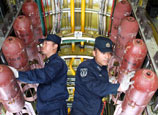

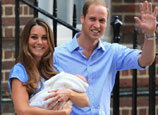

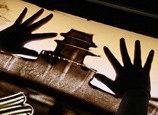



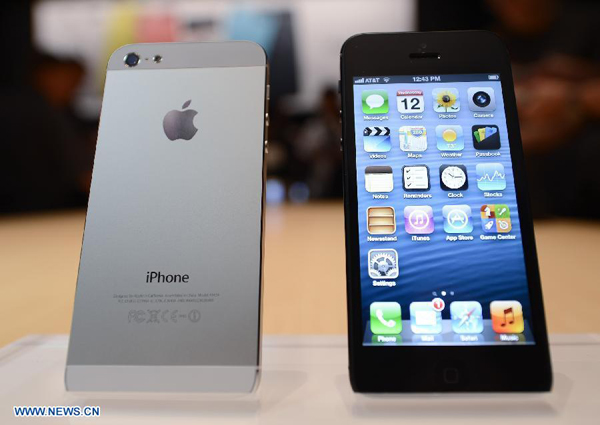
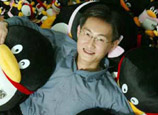






 Migrant children’s dream of stage
Migrant children’s dream of stage


![]()
